30th ANNIVERSARY
Statement of the Bishops of the European Union (COMECE) on the occasion of the 30th anniversary of the fall of the Berlin Wall. “We call upon all Europeans to work together towards a free and united Europe, through a renewed process of dialogue across mentalities and cultures, respecting our different experiences of history and sharing our hopes and expectations for a common peaceful future”

“The fall of the Berlin Wall is not only an event of the past to be celebrated but has a prophetic dimension. It has taught us that constructing walls between people is never the solution and it is a call to work for a better and more integrated Europe.” The Statement released by the Bishop-Delegates of the Episcopates of the European Union (COMECE) on the occasion of the 30th anniversary of the fall of the Berlin Wall extends a gaze to the future for a brighter Europe, once again called to be the home of all. The text was adopted and signed by all the bishops delegated by Episcopal Conferences of the EU, during the COMECE plenary Assembly held from 23 to 25 October in Brussels under the presidency of Cardinal Jean-Claude Hollerich. “In times of strengthened nationalisms – says H.E. Msgr. Franz-Josef Overbeck, Vice-President of COMECE – the fall of the Berlin Wall reminds us vividly, and not only the Germans,
of the value of liberty, and of the EU’s significance as a project of peace”.
That night of 30 years ago remains etched in the memory of many people who cherish the images, broadcast on TV networks worldwide, of young people climbing the Wall and helping each other to get up; perching it with pickaxes amidst hugs, joy, tears, stunned by what was happening. “The fall of the Berlin Wall on the 9th of November 1989 – the bishops write – was one of the most important events in European history of the last decades.” It marked the end of a long and painful chapter in history that had forcibly kept entire families apart for twenty-eight years. But it was also the symbol of the collapse of a regime, the definitive collapse of the Iron Curtain that had divided the world into two blocs.

“From this moment on the world looked different.” The fall of the Berlin Wall was the culmination of a set of events that opened the way for regaining freedom after more than 40 years of oppressive regimes in Central and Eastern European countries. The bishops recall the changes that took place in Hungary in the beginning of 1989 and the first free elections in Poland in June the same year. They remember the efforts of a great number of Europeans expressing “constantly but peacefully” their deep yearning for political change. They highlight the important role played by Saint John Paul II and his encouragement:
“Europe needs to breathe with two lungs!”.
In the last three decades, euphoria turned into realism, perhaps into disappointment today. In their Statement, the bishops mention several open questions. “Not all the expectations that the fall of the Wall brought forth have been fulfilled.” “The ideologies that were behind the building of the Wall have not fully disappeared in Europe and are still present today in different forms.” The process of healing and reconciliation “is far from completed.”
For this set of reasons, the COMECE Statement ends with an appeal. “We call upon all Europeans to work together towards a free and united Europe through a renewed process of dialogue across mentalities and cultures, respecting our different experiences of history and sharing our hopes and expectations for a common peaceful future.” The bishops indicate the promotion of “a culture of encounter” as a primary option. They conclude: “We invite all to pray to God, the Lord of History, that He might help us to devote ourselves to a Europe moved by Holy Spirit, who is the root and foundation of hope and the source and power of a new commitment to those values Europe is built upon: justice, liberty and peace.”